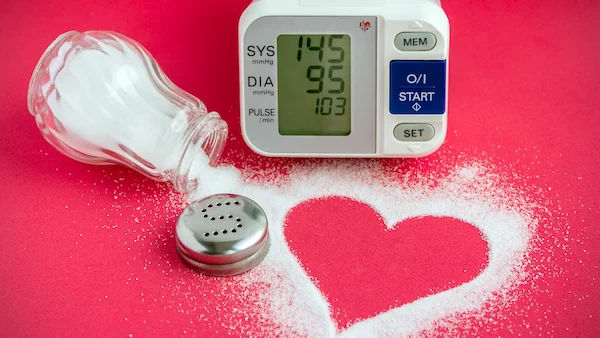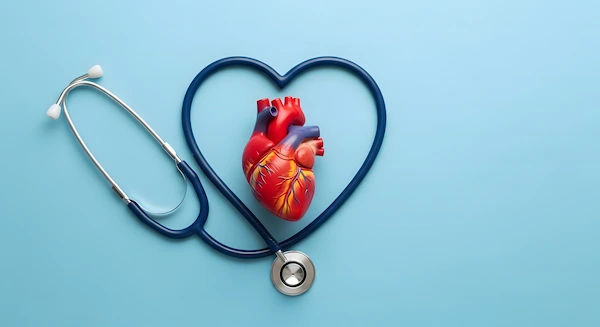- Female
- 54 Years
- 29/01/2025
I'm currently taking Losanorm 25mg for hypertension. What situations warrant an increase in dosage? Could you please provide guidance on this?
Answered by 1 Apollo Doctors
The usual starting dose of Losanorm for hypertension is 25mg once daily. The maximum recommended dose is 100mg once daily. High doses of Losanorm may be required for severe cases of hypertension or if lower doses are not effective in controlling blood pressure. However, the specific conditions for high doses of Losanorm should be determined by your healthcare provider based on your individual medical history and response to the medication.
Dr. Dr Khaleel Suggests...
Consult a Cardiologist
Answered 04/07/2025
0
0

More Cardiology Health Queries
View allCan you help me understand these heart-related numbers? Im seeing terms like "left atrium 3.9cm", "aorta 3.5cm", and "EF 60". It mentions things like mild MR, trivial TR, and concentric LVH too. I'm curious if these results are normal or if there's anything to worry about, especially with LV diastolic dysfunction and no pericardial effusion mentioned. Could you explain them for me?
Based on the information provided, you have Concentric LVH, Mild MR, Trivial TR, Good LV Systolic function, Gr II LV diastolic dysfunction, and no clotpericardial effusion. It is important to continue monitoring your condition regularly with your healthcare provider to manage your heart health effectively.
Answered by 1 Apollo Doctors
I've been really worried about some medication I took a while back. In 2015, I was prescribed dexa 0.5 mg for about two months to help with weight gain. At the time, I didn't really think about the side effects, but now I'm concerned about how it might be affecting my heart. I've had tests like TMT, echo, and ECG, and they're all normal, but I'm still dealing with dyspnea and fatigue quite a bit. Could these issues be lingering side effects from the dexamethasone I took, even if my heart tests are coming out fine?
"Based on your history of taking dexamethasone 0.5 mg regularly for 2 months in 2015 and your current symptoms of dyspnea and fatigue, it is important to consider the potential long-term effects of dexamethasone on your heart. While your TMT, echo, and ECG are normal, prolonged use of dexamethasone can still have implications on cardiovascular health. To address your symptoms and concerns about potential heart side effects, I recommend consulting with a cardiologist for further evaluation and monitoring. In the meantime, you can consider medications like ACE inhibitors or beta-blockers to help manage any potential cardiac issues associated with dexamethasone use. It is important to prioritize your heart health and seek appropriate medical guidance to ensure comprehensive care tailored to your individual needs."
Answered by 1 Apollo Doctors
I've been having some chest pain and these weird tingling sensations at the front of my chest. It's freaking me out a bit because it's also coming with this feeling of weakness and making me super anxious. What could be going on with me? Should I be worried?
take tablet zerodol and do hemoglobin levels
Answered by 1 Apollo Doctors
Disclaimer: Answers on Apollo 247 are not intended to replace your doctor advice. Always seek help of a professional doctor in case of an medical emergency or ailment.





